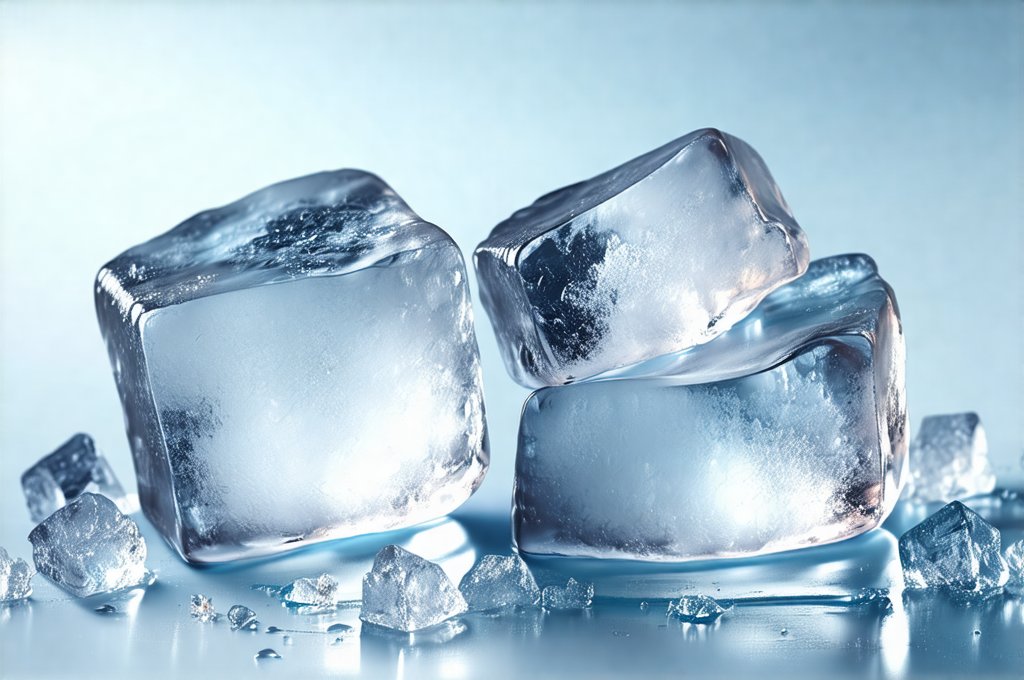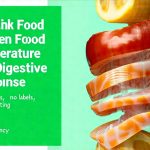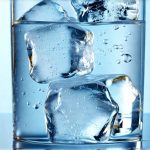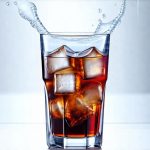Gastroesophageal reflux disease (GERD), commonly known as acid reflux, affects millions worldwide, manifesting as heartburn, regurgitation, and sometimes even more serious symptoms. Individuals living with this condition are constantly seeking ways to manage their discomfort, often turning to unconventional remedies out of desperation or based on anecdotal evidence. One such remedy that consistently surfaces in discussions about GERD is chewing ice. The logic behind it seems straightforward: the cold temperature might soothe the irritated esophagus, and the act of chewing could potentially stimulate saliva production, which acts as a natural neutralizer for stomach acid. However, the relationship between chewing ice and reflux isn’t as simple as it appears, and can be surprisingly complex, varying significantly from person to person.
The question “Does chewing ice calm reflux or make it worse?” is far more nuanced than a simple yes or no answer allows. While some individuals report feeling relief after chewing ice, others experience worsened symptoms, including increased discomfort and even triggering reflux episodes. This disparity highlights the individual nature of GERD and the numerous factors that influence its presentation and management. Furthermore, the very act of chewing itself can have physiological effects that either alleviate or exacerbate reflux symptoms, depending on how it impacts stomach pressure and esophageal function. Understanding these opposing mechanisms is crucial for anyone considering ice chewing as a potential coping strategy for acid reflux.
The Potential Benefits: Why Some Find Relief
For many experiencing heartburn or the sensation of acid creeping up their esophagus, the immediate cooling effect of ice can provide temporary relief. This isn’t necessarily about neutralizing acid; rather, it’s about sensory distraction and a potential reduction in perceived burning sensation. Think of it like applying a cold compress to a muscle strain – it doesn’t fix the underlying issue, but it offers symptomatic comfort. The cold temperature can temporarily desensitize nerve endings in the esophagus, reducing the intensity of pain signals sent to the brain. This is why cold foods and drinks are often favored by reflux sufferers during flare-ups.
Beyond sensory relief, chewing ice stimulates saliva production. Saliva contains bicarbonate, a natural alkaline substance that helps neutralize stomach acid. While the amount of bicarbonate produced through chewing ice isn’t substantial enough to completely counteract significant reflux episodes, it may offer some buffering capacity, particularly for milder cases or as a preventative measure after a triggering meal. Moreover, the mechanical act of chewing can, in some individuals, promote digestive processes and potentially reduce bloating, contributing to overall gastrointestinal comfort.
However, this benefit is contingent on individual physiology and isn’t universally experienced. It’s important to remember that saliva production varies significantly between people, and the neutralizing effect of bicarbonate is relatively limited compared to other GERD management strategies like medication or lifestyle modifications. The perceived relief from chewing ice might also be a placebo effect – simply believing it will help can sometimes lessen symptoms.
How Chewing Impacts Esophageal Function
The esophageal sphincter, a muscular ring at the bottom of the esophagus, plays a vital role in preventing stomach acid from flowing back up. Its proper functioning is paramount for those with GERD. The act of chewing, especially vigorous chewing, can alter intra-abdominal pressure and potentially influence this crucial sphincter. Here’s how:
- Chewing increases abdominal pressure. This increased pressure can theoretically push the contents of the stomach upwards, exacerbating reflux if the lower esophageal sphincter isn’t functioning optimally. Conversely, certain chewing patterns might strengthen the muscles surrounding the esophagus over time, indirectly improving sphincter tone – though this is largely speculative and requires further research.
- The coordination between chewing and swallowing is essential. If there’s a delay or disruption in this process, it can lead to food remaining in the esophagus longer, increasing the risk of reflux. Individuals with GERD often experience impaired esophageal motility (the ability of the esophagus to move food down), making them more susceptible to this issue.
- The type of chewing matters. Rapid, forceful chewing is more likely to increase abdominal pressure than slow, deliberate chewing. Similarly, chewing hard ice can put a strain on the jaw muscles and potentially contribute to tension in surrounding areas, which could indirectly affect esophageal function.
The Role of Pica & Underlying Conditions
Pica is the persistent craving and consumption of non-nutritive substances like ice (pagophagia), clay, or dirt. While often associated with iron deficiency anemia, it can also be linked to other nutritional deficiencies or psychological factors. It’s important to distinguish between casually chewing ice for perceived reflux relief and compulsive ice chewing driven by pica. If someone finds themselves constantly craving and consuming large quantities of ice, it’s crucial to consult a healthcare professional to investigate potential underlying causes.
- Pica can sometimes indicate an iron deficiency, as low iron levels can lead to unusual cravings. Addressing the deficiency may resolve both the pica and any related health concerns.
- Compulsive ice chewing can damage tooth enamel due to its abrasive nature. This dental damage can further complicate oral health and potentially contribute to discomfort.
- In rare cases, pica could be a sign of underlying psychological issues or eating disorders. A comprehensive evaluation by a healthcare professional is necessary to determine the root cause and develop an appropriate treatment plan.
The Potential Drawbacks: Why It Can Worsen Reflux
Despite the potential for temporary relief, chewing ice can also actively worsen acid reflux symptoms in many individuals. The primary reason stems from the aforementioned increase in abdominal pressure. For those with a weakened lower esophageal sphincter (LES), this increased pressure can force stomach contents upwards into the esophagus, triggering or intensifying heartburn and regurgitation. This is particularly true if the ice is chewed vigorously or in large quantities.
Furthermore, swallowing cold substances rapidly can sometimes irritate the esophageal lining, especially if it’s already inflamed from acid exposure. The sudden temperature change can exacerbate sensitivity and discomfort. In some cases, this irritation might even mimic the symptoms of reflux, creating a vicious cycle where chewing ice to alleviate heartburn actually ends up causing more pain.
Finally, habitual ice chewing is detrimental to dental health. It can cause chipped teeth, cracked enamel, and increased sensitivity. These dental problems can then lead to further discomfort and potentially require costly treatment. The focus on managing reflux shouldn’t come at the expense of oral health.
If you’re wondering is it the food or the additive causing your symptoms, consider keeping a detailed food diary. Understanding what triggers your reflux is crucial for effective management. Additionally, exploring how long does it take to heal food intolerances can provide valuable insights into chronic digestive issues. Sometimes, the issue isn’t simply reflux itself but an underlying is it food intolerance or hormonal imbalance contributing to your symptoms. Don’t underestimate the power of mind-body connection; can connection and calm support digestion can play a significant role in managing GERD. Be mindful of other potential causes, such as whether can acid reflux cause ear pain. Finally, consider if are you reacting to food or environment as external factors can contribute significantly to digestive distress.
In conclusion, the relationship between chewing ice and acid reflux is highly individualized. While some may find temporary symptomatic relief due to sensory distraction and potential saliva production, others experience worsened symptoms or even trigger reflux episodes due to increased abdominal pressure and esophageal irritation. It’s crucial to listen to your body and observe how it responds to ice chewing. If you suspect pica or are experiencing significant dental problems related to ice consumption, seeking professional medical advice is essential. Ultimately, focusing on evidence-based GERD management strategies – such as lifestyle modifications, dietary changes, and medication (when necessary) – remains the most effective approach for long-term relief.


















